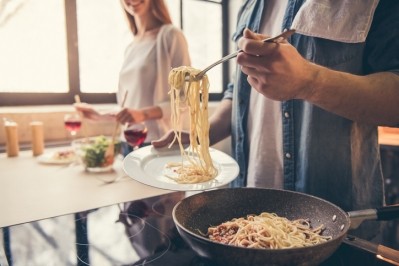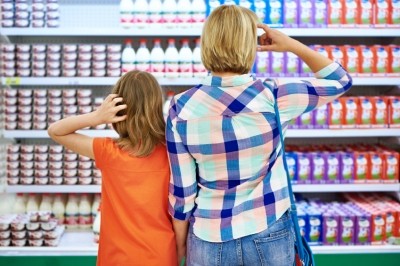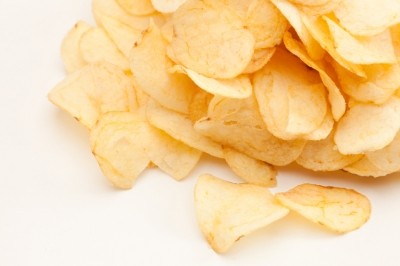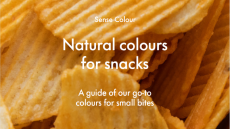TTIP backlash: Europe wants its food to be craft, natural and home-grown

Although the Transatlantic Trade and Investment Partnership is still at the negotiating stage and not due to be ratified in 2016, a consumer backlash has already begun. European fears over pesticides, growth hormones in beef and chemical food additives that are restricted in Europe but not the US are on the rise.
And while TTIP itself is not responsible for this distrust, Mintel predicts it is set to become worse as a result of it. And as negotiations continue, consumer confidence seems to be eroding even further. A German survey conducted for food watchdog group FoodWatch found that consumer confidence is at its lowest level since they began polling the public in February last year. 46% of respondents said that the trade agreement would be bad for Germany compared with 25% in February 2014.
According to Mintel data, less than half of UK consumers (49%) believe the food industry produces food that is safe to eat, while a 2015 survey by French industry group, ANIA, found that a majority of French consumers (54%) believe that the food industry does not honestly inform the public.
Clean, natural and home-grown
But this backlash will also create new opportunities for food and drink manufacturers.
The Mintel report says: “It is our belief that these attitudes will harden across Europe, should consumers be faced with the spectre of more modified and chemically treated produce and products. This will also present opportunities for newcomers – such as craft soft drink brands – with clean and natural credentials.”
Consumers throughout Europe are already expressing a willingness to pay more for small-batch, hand-made and artisan, says Mintel, and this will continue to grow. Over a quarter of Italians are already doing so, compared with 17% in France, 16% in Germany and 15% in Spain.
Domestic production could also get a boost as consumers actively avoid US products.
“However damaging TTIP might prove to the EU’s credibility, it may strengthen that of European food and lead to a rise in patriotic or local purchasing, with craft products growing in new sectors like soft drinks, sauces and coffee.
“We could see a broader reaction to imports, such as the UK producing more of its own quinoa and chorizo. (…)To counter the financial appeal of an influx of cheap, processed foods, perhaps we will see more examples like Marqt, an affordable organic supermarket in the Netherlands.
Ethical claims will gain a new prominence as attention is shifted onto sustainable sourcing and the provenance of ingredients. Fair Trade products will be making newer, sophisticated ethical claims such as bird-friendly coffee, says Mintel, while formulation will focus on using natural ingredients to make processed foods healthier, such as fibre-filled fruit juices.
"Whether or not the TTIP gets ratified in 2016 – the media storm surrounding it will be enough to get consumers to think – and look – twice at their food, beauty and cleaning products and begin exploring more natural alternatives."
Last Saturday an anti-TTIP march in Berlin attracted 250,000 demonstrators according to food watchdog group FoodWatch - the biggest since the 2003 invasion of Iraq, it claims.

























